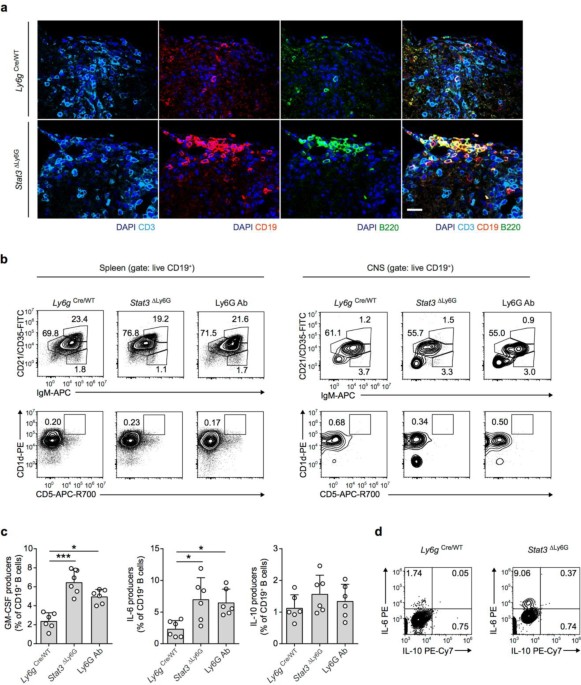
Credit: Zach Fitzpatrick
The brain is uniquely protected against invading bacteria and viruses, but its defence mechanism has long remained a mystery. Now, a study in mice, confirmed in human samples, has shown that the brain has a surprising ally in its protection: the gut.
The brain is arguably the most important organ in the body, as it controls most other body systems and enables reasoning, intelligence, and emotion. Humans have evolved a variety of protective measures to prevent physical damage to the brain: it sits in a solid, bony case — the skull — and is wrapped in three layers of watertight tissue known as the meninges.
What has...
Read More







Recent Comments